
Priority:
The Legacy
Priority Records revolutionized rap music and the rap business. The Los Angeles-based label showed the strength of street knowledge by establishing itself as the go-to company for gangster rap and by giving rebel artists and businessmen a home free of censorship and constraint.
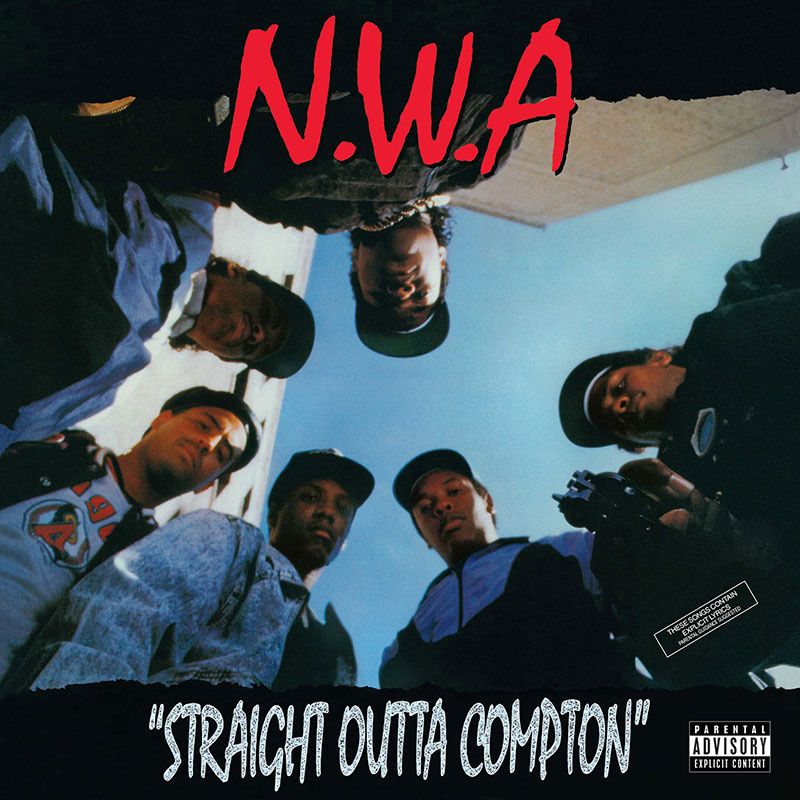
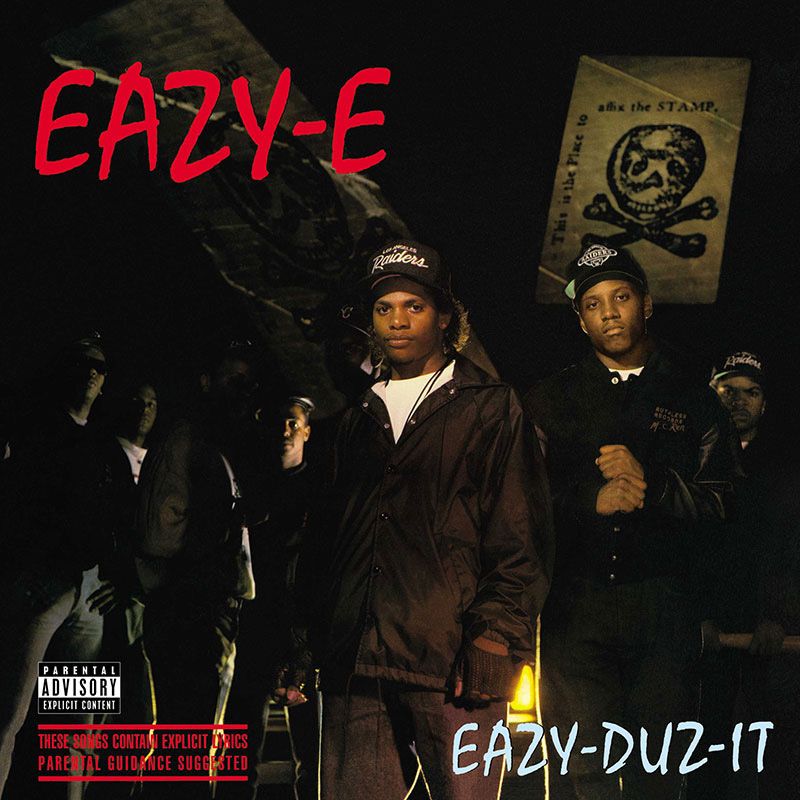
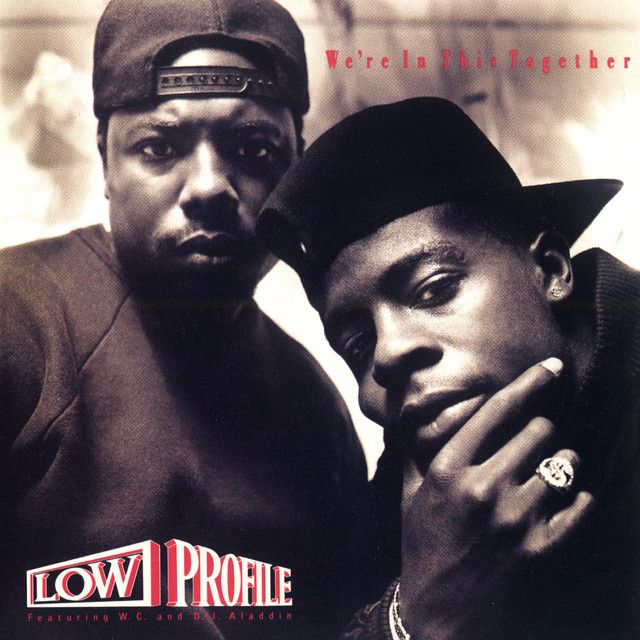
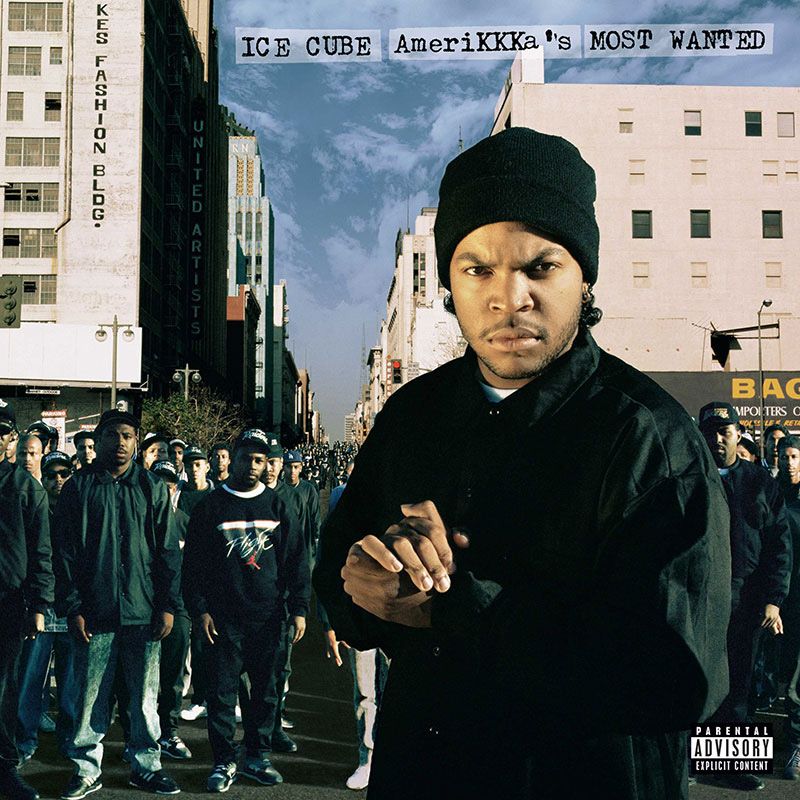
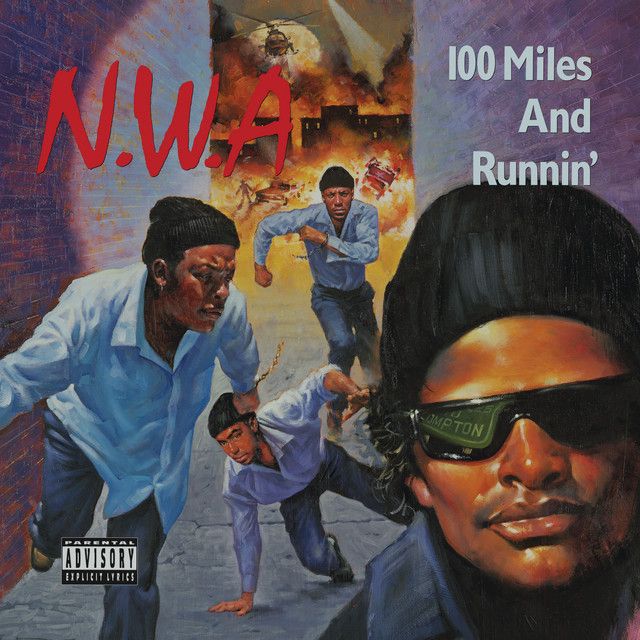
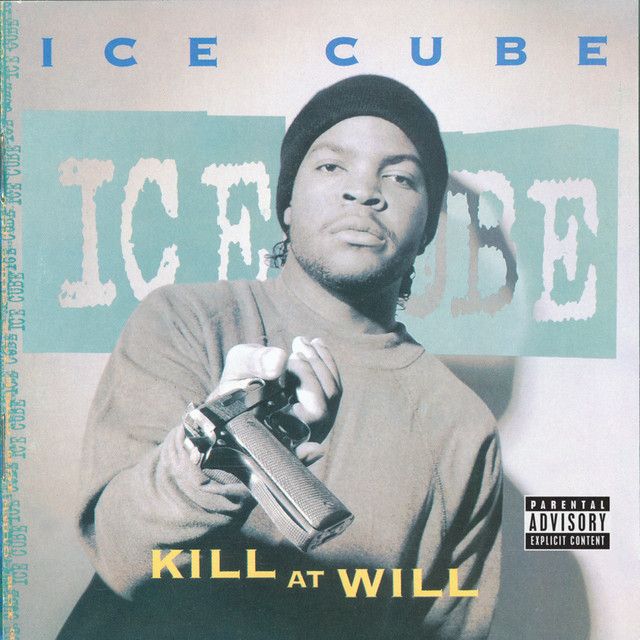
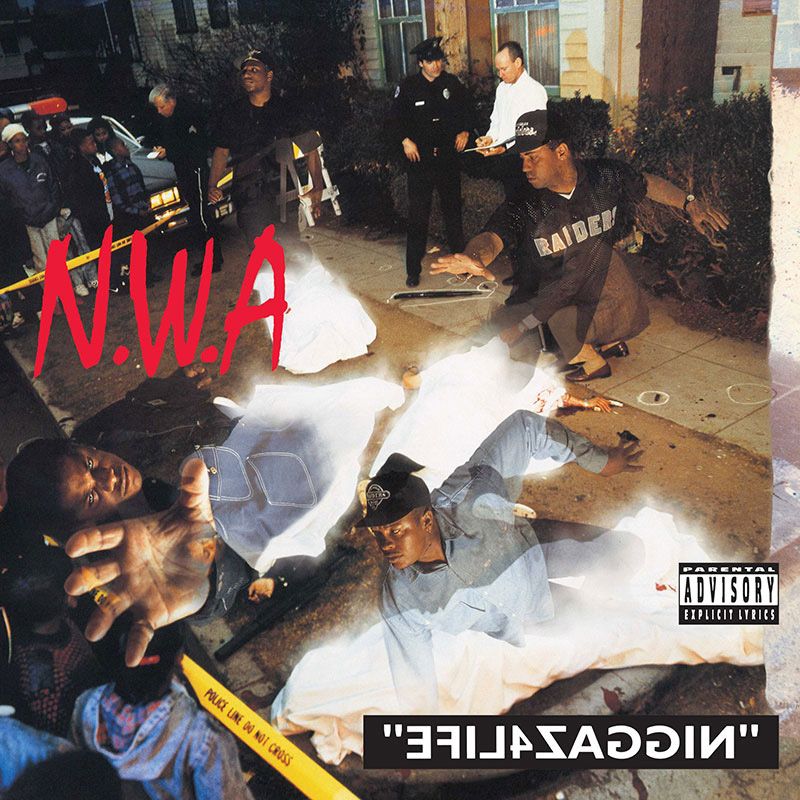
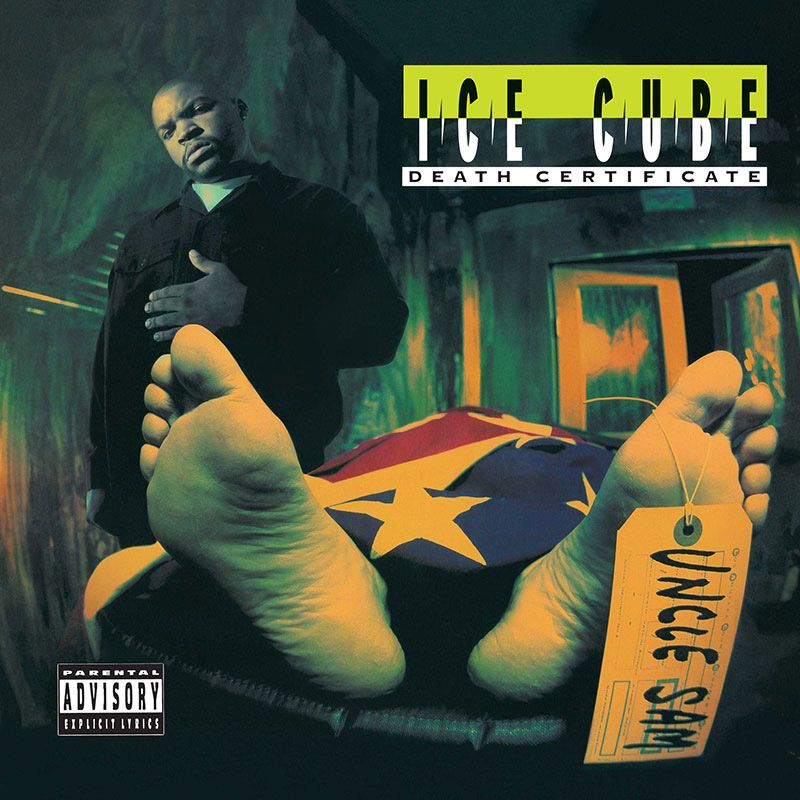
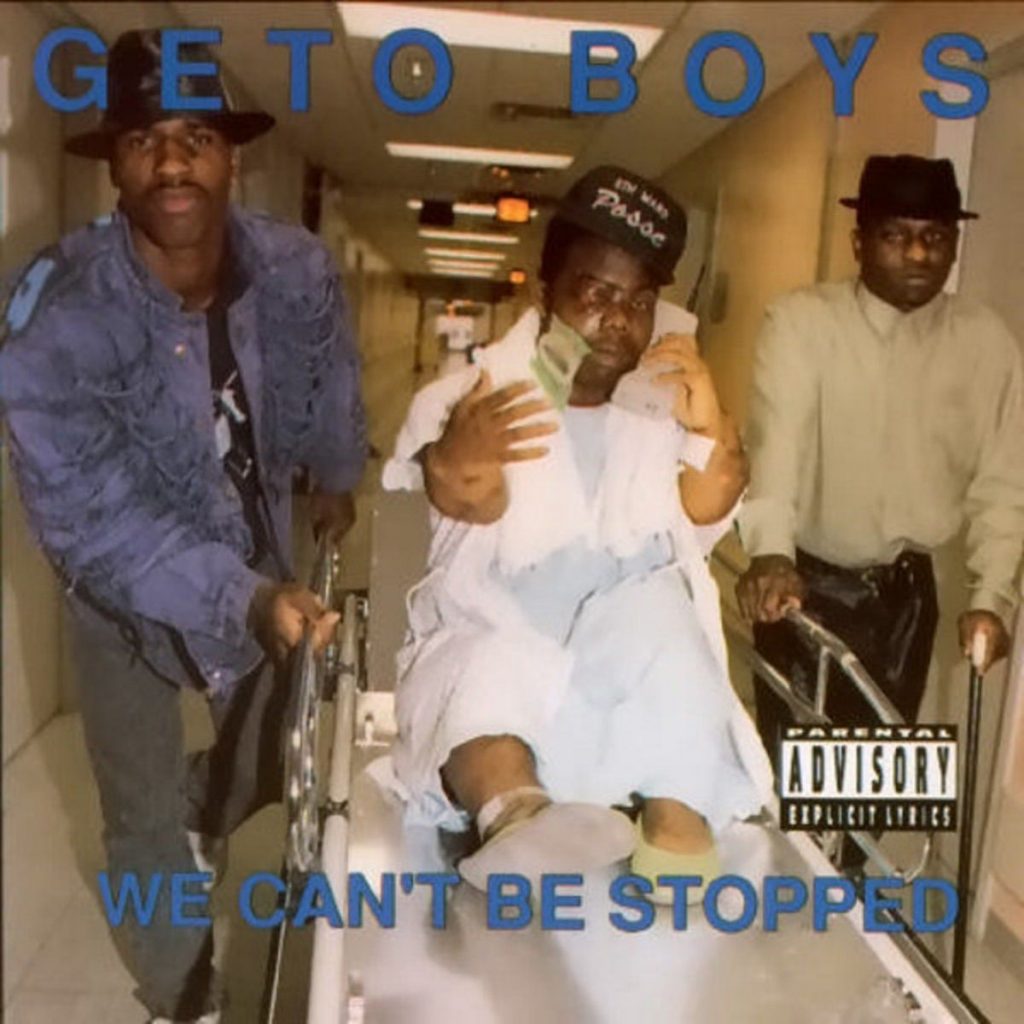
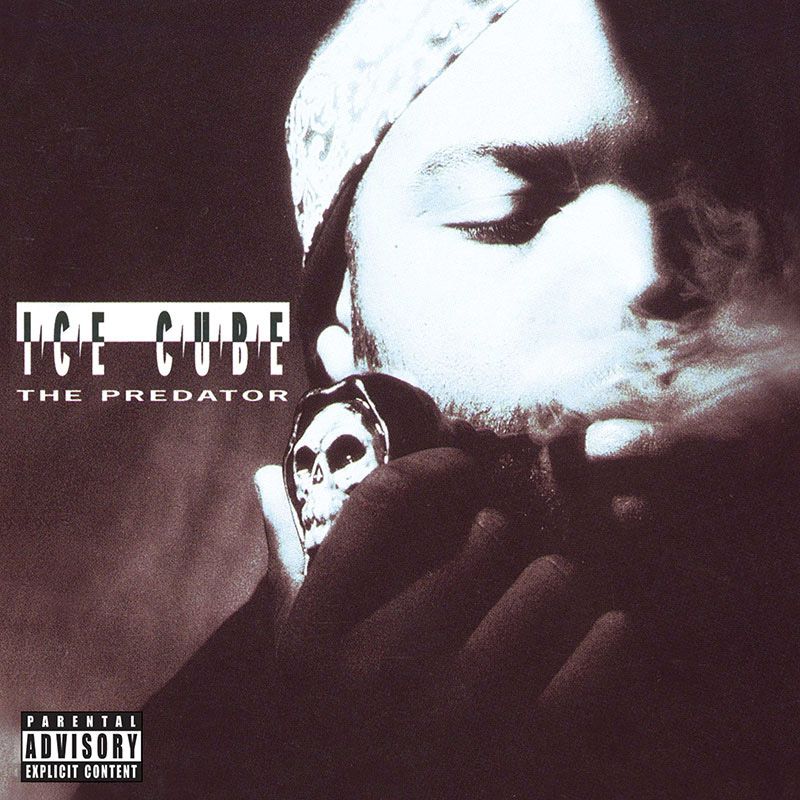
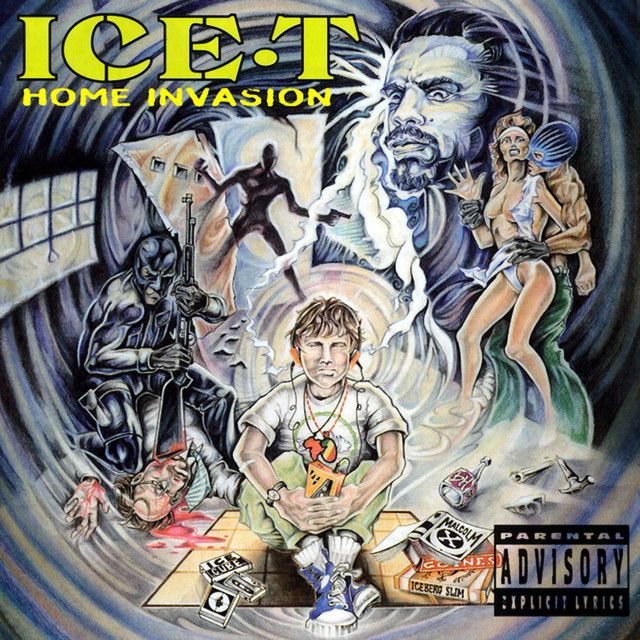
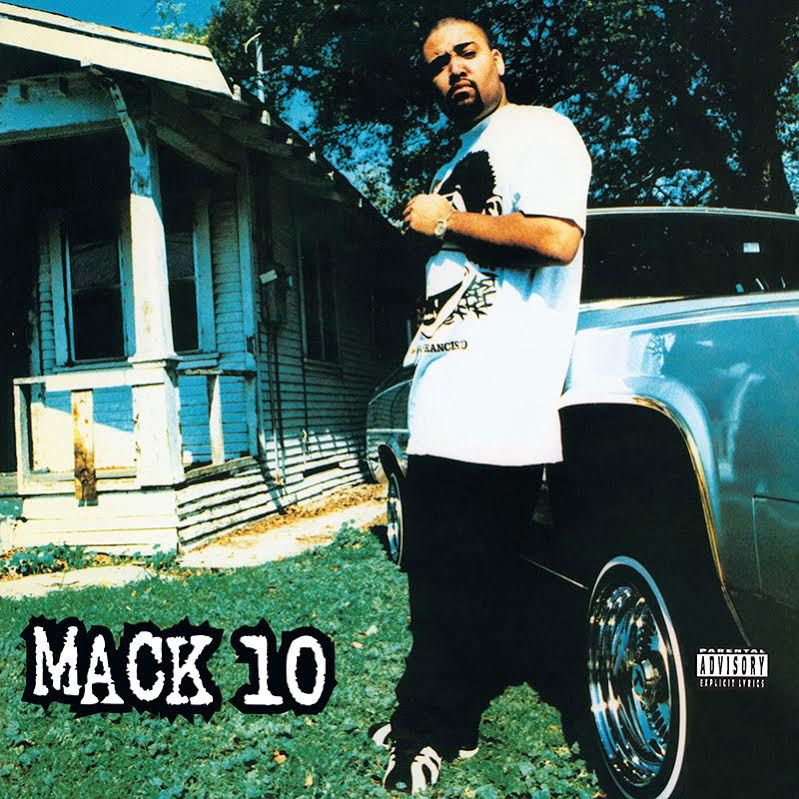
Founded in 1985 by former K-Tel Records executives Bryan Turner and Mark Cerami, Priority Records was early to the rap game. Turner and Cerami knew through their work at K-Tel that compilations did brisk business and that the emerging rap market was underserved. So, in 1986, Priority Records released Rap’s Greatest Hits and Power Rap, putting songs by such early rap stars Run-DMC, Whodini and Dana Dane on albums and giving them prominent national exposure.
Priority Records continued releasing rap (and other) compilations in 1987, but took an innovative chance by releasing The California Raisins’ Sing The Hit Songs album, a project by a fictitious group of singing raisins that covered classic R&B songs. Thanks to an impassioned cover of soul classic “I Heard It Through The Grapevine” and a clever animated video, The California Raisins album went gold January 8, 1988 and platinum five months later.
The influx of cash gave Priority Records the ability to sign artists. Its first foray was with Eazy-E and his Ruthless Records. After being impressed by the moves Eazy-E was making on his own and the potency of N.W.A’s stage show, Turner and Cerami signed Ruthless Records to a partnership for albums from Eazy-E and N.W.A. The arrangement provided Ruthless Records national distribution and music industry muscle. The first albums released under this pact were two of the most important albums in rap history: Eazy-E’s Eazy-Duz-It and N.W.A’s Straight Outta Compton.
Backed by the poignant streetwise wordplay of Ice Cube, MC Ren, Eazy-E and Dr. Dre, as well as the stellar production of Dr. Dre and DJ Yella, both Eazy-Duz-It and Straight Outta Compton became the new rap soundtrack, explosive releases signaling a changing of the guard of rap. The mesmerizing “Boyz-N-The-Hood” remix, the searing, rage-filled “Straight Outta Compton” and “Fuck Tha Police,” as well as the commercially viable “We Want Eazy” and “Express Yourself” struck a chord with the underground rap community, as well as listeners just getting exposed to the then-emerging rap world.
N.W.A’s Straight Outta Compton and Eazy-E’s Eazy-Duz-It albums became smash records, eventually going triple and double platinum, respectively.
But it was about more than just the music with Straight Outta Compton. The furor over N.W.A reached unprecedented heights when, on August 1, 1989, the FBI sent Priority Records a letter accusing N.W.A of encouraging “violence and disrespect” for law enforcement officers with its “Fuck Tha Police” song. Rather than cower from the pressure, Priority Records, Ruthless Records, Eazy-E andN.W.A embraced their status as rebel businesses, as rebel artists and as valuable members of the artistic community who deserved to – and had the right to – express themselves.
With Priority Records now established as the label for gangster rap, it began releasing some of the best, smartest gangster rap on the market, including We’re In This Together, the 1989 album from Low Profile (WC and DJ Aladdin).
Also in 1989, Ice Cube left Eazy-E, N.W.A and Ruthless Records, but decided to stay with Priority Records. With his first solo album, Ice Cube brought the East Coast and West Coast together, working with Public Enemy and The Bomb Squad on 1990’s AmeriKKKa’s Most Wanted. With an unrivaled blend of lyricism, storytelling, the streets and social commentary, Ice Cube proved that he could stand on his own without N.W.A.
The ’90s
Priority Records had indeed solidified another crucial piece of its brand with Ice Cube, the premier solo artist of the era. AmeriKKKa’s Most Wanted went gold in August 1990 and platinum in 1991. For Ice Cube, it was the launch of a hugely successful solo career.For Priority Records, it was another indicator of its heft in the musical marketplace and its willingness to align itself with musical vanguards, artists pushing the creative and musical envelope.
As Ice Cube became a marquee solo artist, Priority Records’ other main act, N.W.A, also continued its phenomenal success. The Compton, California group released the 100 Miles And Runnin’ EP in August 1990. Ice Cube returned in November 1990 with his Kill At Will EP. The projects also showed that both N.W.A and Ice Cube were prolific acts providing important music for the growing rap audience, which pushed both projects to platinum.
With N.W.A’s second album, 1991’s Efil4Zaggin, the group also demonstrated that it was the most popular group in all of music. Thanks to the implementation of SoundScan, the positioning on Billboard charts was for the first time determined by actual record sales, not the reporting by random record store owners and select DJs. So on June 22, 1991, N.W.A’s Efil4Zaggin became the first rap album to reach No. 1 on the Billboard 200 chart.
A few months later, Ice Cube’s Death Certificate album hit No. 1 Top R&B/Hip-Hop Albums chart and No. 2 on the Billboard 200 chart. Despite the success and acclaim Ice Cube enjoyed with Death Certificate, he came under fire from detractors who thought his music was anti-Semetic (“No Vaseline”) and anti-Asian (“Black Korea”). As had been the case with N.W.A, Priority Records stood by Ice Cube and defended his right to voice his opinion, even if it offended others.
This defense was a hallmark of Priority Records, as evidenced when the imprint signed a deal with Houston-based Rap-A-Lot Records to distribute its projects. Rap-A-Lot was previously aligned with Geffen Records, but Geffen did not approve of the content of some of The Geto Boys’ material, which it deemed inappropriate due to its graphic discussion of violence, sex and politics. In 1991, The Geto Boys released its best-selling album, We Can’t Be Stopped, in conjunction with Priority Records. The LP went platinum and its breakthrough single, “Mind Playing Tricks On Me,” went gold and stands as one of the most respected rap songs of all time.
Around the same time, Priority Records enjoyed success with other projects, including solo albums from Rap-A-Lot Records acts Scarface and Willie D, as well as projects from WC And The M.A.A.D. Circle and 415, among others.
During its first seven years of existence, Priority Records grew from an imprint putting out hugely successful compilation albums to a destination for artists and companies looking to change popular culture. Priority Records achieved its success, in part, by eschewing the radio game, instead opting to work its records on the street level, reaching consumers during their normal activities. Priority Records focused on its ability to reach rap fans via targeted advertising such as bus bench ads, magazine ads, music videos and record stores.
While Priority Records made itself the label of record for gangster rap, it simultaneously made Los Angeles the hub for hardcore rap. Other companies followed suit by trying to sign their own version of Eazy-E, N.W.A and Ice Cube, but their attempts proved unsuccessful. Priority Records, on the other hand, continued making prescient moves to bolster its status in the music industry as several other once-prominent rap labels either dissolved or lost their luster.
1992
In 1992, Priority Records was still thriving. It released acclaimed material from N.W.A member MC Ren and the Penthouse Players Clique, as well as The Geto Boys members Willie D and Bushwick Bill. The company also had two major breakthroughs. Ice Cube released his The Predator album. The project includes his signature “It Was A Good Day” single, an alternate look at life in South Central Los Angeles that illustrated how positive things could be in the hood.
Later in 1992, emerging record company executive Jimmy Iovine worked out an arrangement for Priority Records to distribute The Chronic, the debut solo album from rapper-producer Dr. Dre under his freshly minted Death Row Records and in conjunction with Iovine’s fledgling Interscope Records. As had been the case with Eazy-E, N.W.A and Ice Cube before him, Dr. Dre enjoyed massive critical and commercial success with The Chronic, adding to Priority Records’ status as the destination for gangster rap.
1993
Gangster rap pioneer Ice-T also understood Priority Records’ standing in the marketplace. Like The Geto Boys before him, he faced censorship from his former label home and knew that Priority Records would afford him the creative control and artistic freedom to which he had grown accustomed. In 1993, Priority Records released Ice-T’s Home Invasion album, a treatise on how rap – and gangster rap in particular – had become the music of choice of America’s youth – black, white and otherwise. Home Invasion went gold three months after it arrived in stores, moving in excess of 500,000 copies.
Priority Records also partnered with San Francisco rapper Paris for his Scarface Records in 1993 and released popular projects with The Conscious Daughters and Paris during their run together. Material from The Geto Boys, Scarface, as well as new groups Mad Flava, Anotha Level and The B.U.M.S. also arrived in 1993.
The following year, Priority Records branched into a new realm, assembling the soundtrack for the Street Fighter film. New material from Nas, LL Cool J and Public Enemy was placed next to exclusive songs from Priority Records acts Ice Cube, Ras Kass and Paris.
1995
Having tasted success with the Street Fighter soundtrack, Priority Records celebrated its 10-year anniversary by making a bigger push into film in 1995. Released in April 1995 via Priority Films, Friday grossed $27.4 million at the box office against a $3.5 million budget. The ghetto comedy showed another side of the hood and has become a cult classic credited with launching the film career of comedian Chris Tucker. On the music side, the soundtrack for the Ice Cube movie was certified gold and platinum on the same day (June 14, 1995) and later reached double platinum (June 4, 1996).
The debut of Priority Records artist Mack 10 also arrived in 1995. The Inglewood, California rapper continued Priority Records’ legacy of discovering, nurturing and launching the careers of marquee artists. Mack 10’s self-titled debut album struck gold in September 1995, three months after it arrived in stores.
Priority Records also made inroads beyond Los Angeles, signing deals with New York’s Wu-Tang Records and Duck Down Records, as well as Sacramento’s Black Market Records. Subsequent albums from Brotha Lynch Hung, Heltah Skeltah, Killarmy and O.G.C. demonstrated that Priority Records was always on the lookout for emerging talent.
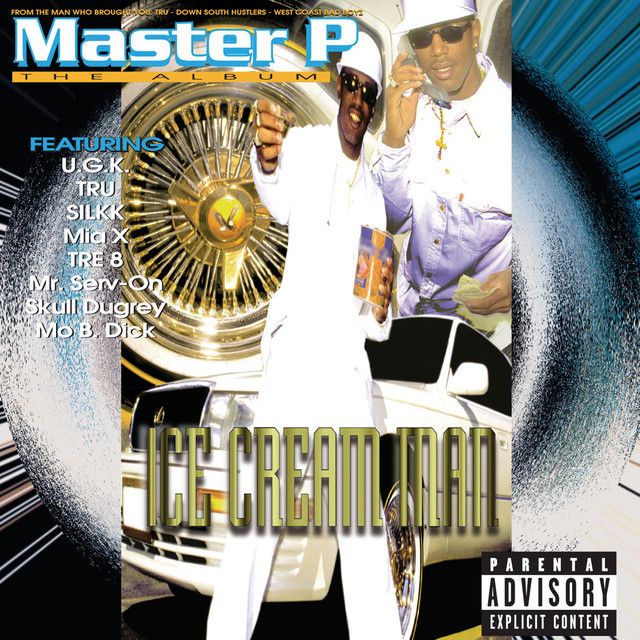
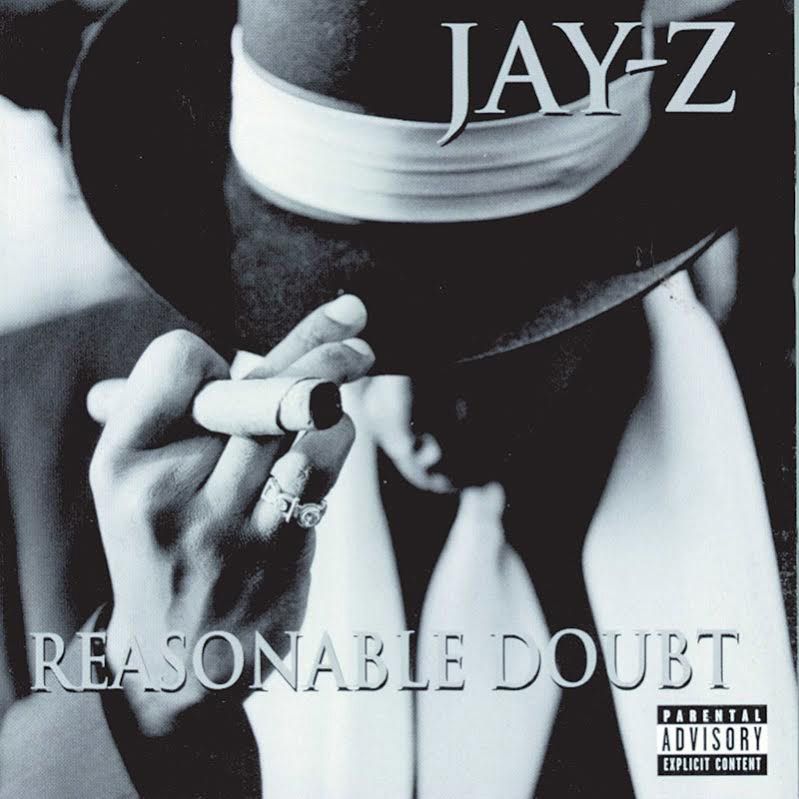
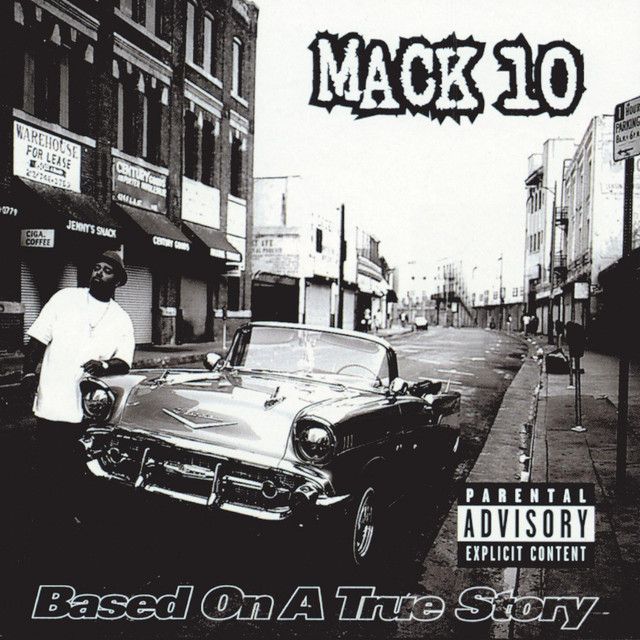


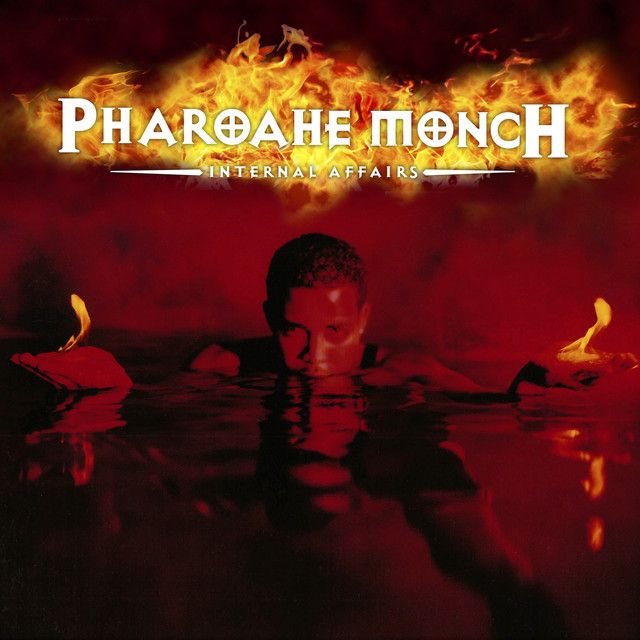
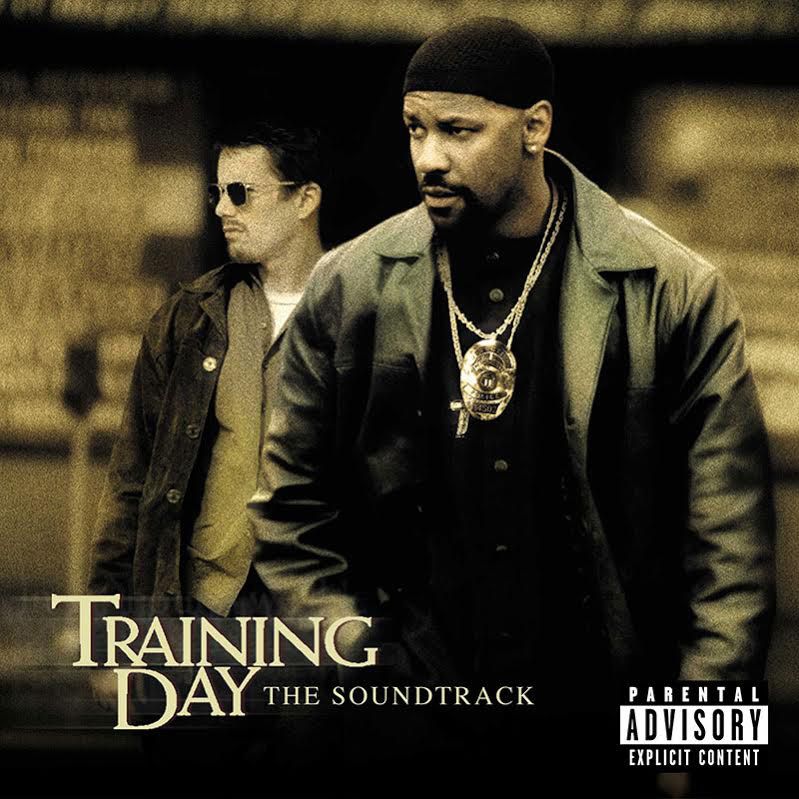
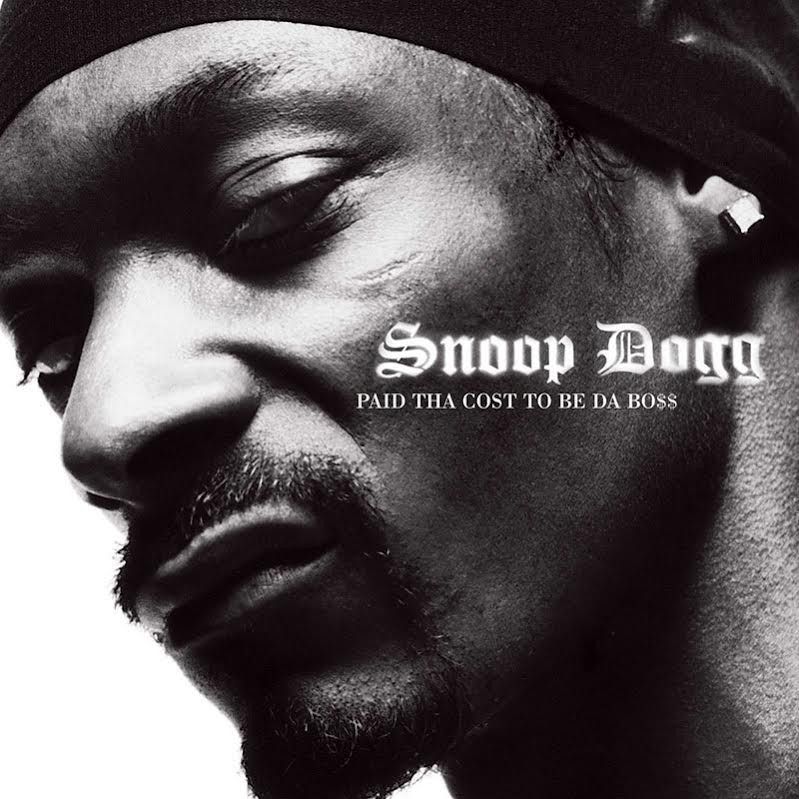
Even with a hit movie, new artists selling hundreds of thousands of albums each and new independent labels in the fold, 1996 proved to be one of the most significant years in the history of Priority Records. That’s when the label revolutionized the music business model with its distribution deal with Master P’s No Limit Records. Released in April 1996, Master P’s Ice Cream Man album went gold in September 1996, paving the way for Master P’s independent takeover of the rap world, an unprecedented run where Master P and his No Limit Records roster (Silkk The Shocker, C-Murder, Mytikal, TRU, Mia X, Fiend and others) released a string of gold and platinum albums in quick succession.
Also in 1996, Priority Records partnered with Roc-A-Fella Records to release Jay-Z’s landmark Reasonable Doubt album, launching the career of one of rap’s best artists and most accomplished businessmen. The year also brought new projects from acclaimed lyricist Ras Kass, gangster rap icon Ice-T and the arrival of the Westside Connection, the supergroup consisting of Ice Cube, Mack 10 and WC. As rap had grown in popularity, there was a growing disconnect between the sound, style and content of some artists from the East and West Coasts, and gangster rap was under attack. With its platinum Bow Down album, the Westside Connection put a flag in the ground for gangster rap, showing that the subgenre – and Los Angeles rap – was thriving.
Priority Records had become so successful that EMI, its distributor, purchased a 50 percent stake in Priority in 1996. Nonetheless, Priority Records still operated independently and continued changing the game.
1997
That autonomy enabled Priority Records to allow its artists to remain rebellious, outside-the-box visionaries. One of the main beneficiaries of this type of freedom was Master P. As the savvy rapper-businessman was building his No Limit Records into one of rap’s most significant companies, he revolutionized the film business in May 1997 with the release of his direct-to-video I’m bout it movie. The semi-autobiographical film sold more than 200,000 copies, earning double platinum status in August 1997. The film’s success showed that reasonably budgeted and smartly marketed films released direct-to-video could have phenomenal success. Soon thereafter, major Hollywood film studios began investing more resources into their own direct-to-video projects.
On the music side, Priority Records expanded its roster by signing acclaimed New York rap duo Organized Konfusion, putting a new spin on the compilation business by having rappers revise classic rap songs on the In Tha Beginning…There Was Rap album, dropping Mack 10’s second gold album and releasing the soundtrack for the acclaimed rap documentary film Rhyme & Reason and the Tupac Shakur vehicle Gang Related.
1998
In 1998, Priority Records came full circle when Master P signed Snoop Dogg to No Limit Records. Six years after Snoop Dogg appeared on Dr. Dre’s The Chronic, the Long Beach, California rapper returned to Priority Records with the double platinum Da Game Is To Be Sold, Not To Be Told album, a groundbreaking collaboration between the West Coast and the South.
In July 1998, Master P’s MP Da Last Don album was certified 4x platinum, making it the best-selling album in Priority Records’ history. Also in July, Priority Records released The Swarm album from the Wu-Tang Killa Bees, a gold-selling project. Four months later, Ice Cube returned with War & Peace Vol 1. (The War Disc), his first album in five years. It sold more than 1 million units in two months thanks to the singles “Pushin’ Weight” with Mr. Short Khop and “Fuck Dying” featuring Korn.
With Priority Records’ sustained success, EMI purchased the second half of the company in 1998. Still, Priority Records operated independently and remained aggressive in the marketplace.
1999
In October 1999, Priority Records’ pact with New York independent label Rawkus Records spawned two critically acclaimed albums, Mos Def’s Black On Both Sides and Pharoahe Monch’s Internal Affairs. Black On Both Sides went gold February 2, 2000, showing that Priority Records could enjoy massive success with rappers revered largely for their lyricism.
At the same time, No Limit Records continued its dominance in 1999, releasing platinum albums from Snoop Dogg (No Limit Top Dogg) and Silkk The Shocker (Made Man), as well as gold albums from Master P (Only God Can Judge Me) and C-Murder (Bossalinie).
Priority Records also aligned itself with Mack 10’s Hoo-Bangin’ Records, releasing acclaimed albums from Compton rap pioneer MC Eiht and Chicago rap group Chilldrin Of Da Ghetto, among others. Wu-Tang Clan member U-God and Wu-Tang affiliate Shyheim also released material from Priority Records, extending the label’s relationship with rap’s most expansive crew. Meanwhile, the company’s soundtrack business remained robust, releasing the popular Next Friday and Thicker Than Water soundtracks. The former featured the reunion of N.W.A (with Snoop Dogg replacing the late Eazy-E) on the hit single “Chin Check,” which pushed the soundtrack to gold status.
2000
As Priority Records hit the year 2000, it released the revered posthumous The Big Picture album from lyrical heavyweight Big L, which went gold. Snoop Dogg ended his three-album pact with Master P with Tha Last Meal, a platinum project that featured the smash Dr. Dre-produced single “Lay Low.”
The following year, Priority Records merged with fellow EMI label Capitol Records. It still remained a premier destination, though, releasing the soundtracks for the Oscar-winning film Training Day and the Snoop Dogg vehicle Bones.
2002
In 2002, Snoop Dogg re-upped with Priority Records and released his platinum Paid Tha Cost To Be Da Bo$$ album. The collection was bolstered by the Pharrell-produced single “Beautiful,” which was Snoop Dogg’s biggest radio record to that point in his career. Priority Records also enjoyed success with Detroit rap group Slum Village’s Trinity (Past, Present And Future) album and later its Kanye West-produced single “Selfish.”
2003
Westside Connection reunited in 2003 with the gold album Terrorist Threats, while Priority Records introduced Kurupt’s younger brother Roscoe. Over the next few years, the label returned to its compilation roots, releasing The Best Of albums by Snoop Dogg, N.W.A, Westside Connection, Master P and Silkk The Shocker, among others.
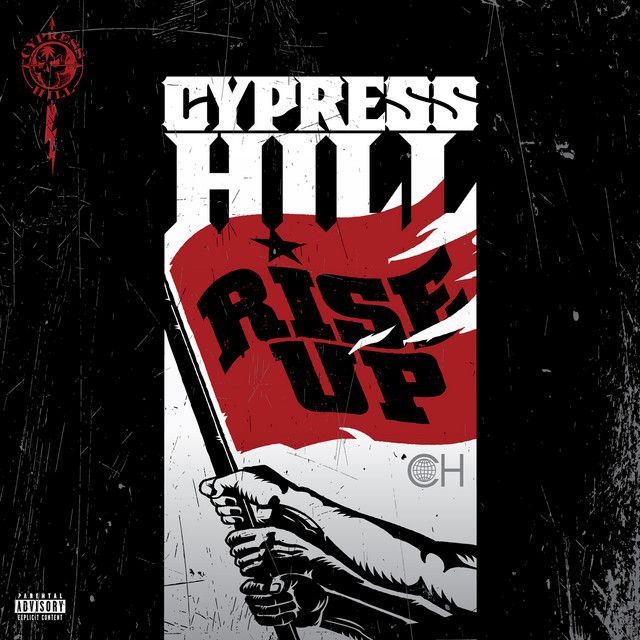
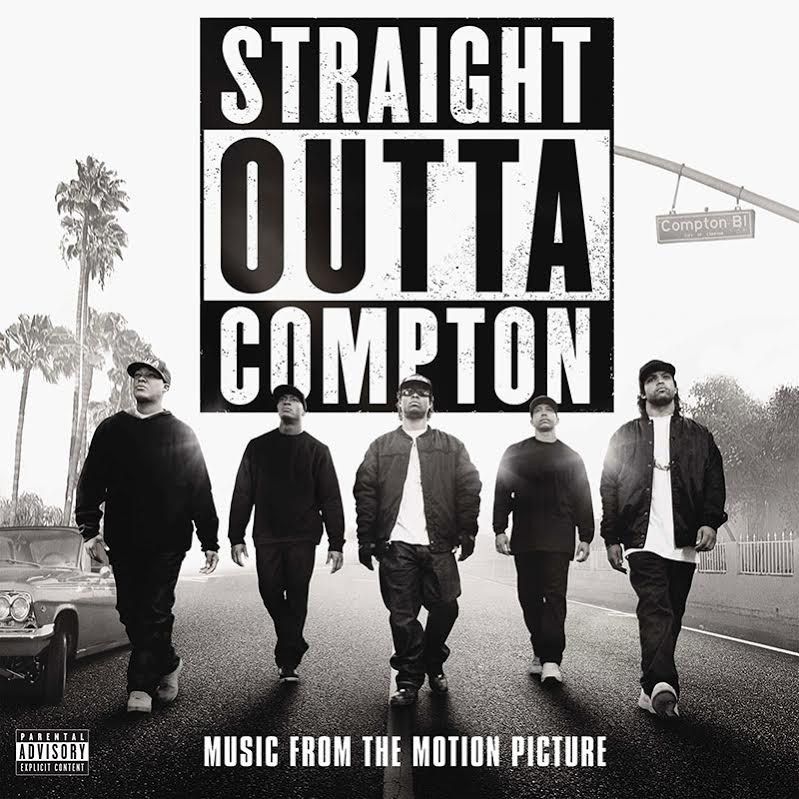
In 2010, Priority Records signed Los Angeles rap trendsetters Cypress Hill and released its Rise Up album. It also teamed with Snoop Dogg to release a string of compilations and reissues, as well as the rapper’s 2009 (Malice N Wonderland) and 2011 (Doggumentary) albums.
The blockbuster film Straight Outta Compton renewed interest in Priority Records’ vast catalog. The soundtrack for the record-setting and Oscar-nominated 2015 film was released in conjunction with Priority Records and helped push the original Straight Outta Compton album to triple platinum status on November 11, 2015. Similarly, N.W.A’s “Straight Outta Compton” single was certified platinum June 16, 2016, 28 years after it first arrived in stores.
Now, Priority Records is back. The Strength Of Street Knowledge returned in 2023 with the relaunch of Priority Records. Under the leadership of industry veteran Orlando Wharton, the label has added a roster of emerging talent that’s ready to follow the footsteps of the leaders and legends that came before them. Soaring off the momentum of emerging talents like Sugarhill Ddot, BBG Steppaa, Lil Tony, and Ndotspinalot, the label is positioned to change the game yet again, one revolutionary release at a time. The legacy is just beginning.
